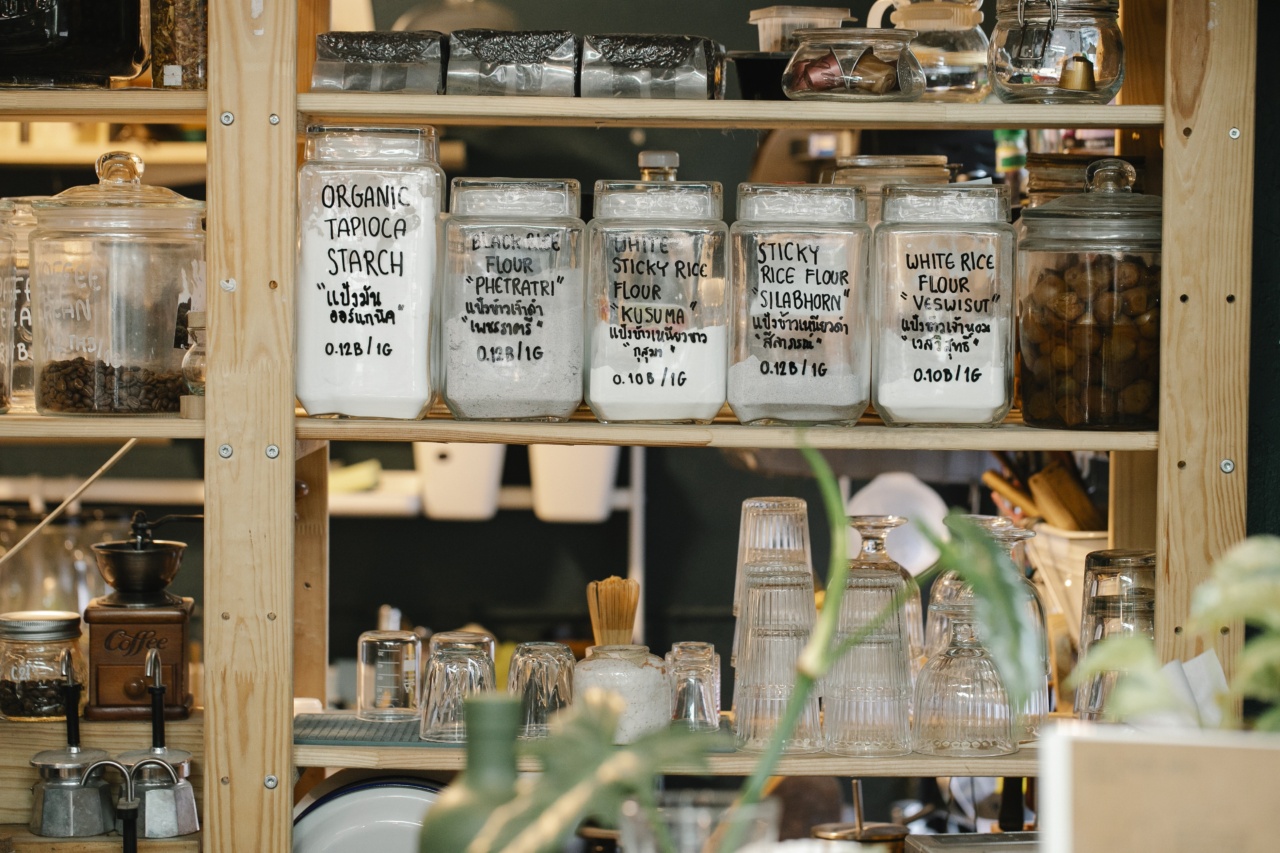Proper food storage is essential to preserving the quality and safety of your food. When food is stored improperly, it can spoil, become contaminated with bacteria, or lose its nutritional value.
In this article, we will provide you with some tips for proper food storage.
1. Refrigerate or freeze perishable foods
Foods that are perishable, such as meat, dairy products, eggs, and fresh fruits and vegetables, should always be refrigerated or frozen. These foods can spoil quickly if left at room temperature for too long, which can be dangerous.
Keep your refrigerator at 40°F or lower and your freezer at 0°F or lower.
2. Use airtight containers
When storing leftovers or opened packages of food, use airtight containers to prevent air and moisture from getting in. This will help keep your food fresher longer and prevent it from spoiling.
Glass and plastic containers with tight-fitting lids work well for this purpose.
3. Store food properly in the refrigerator
When storing food in the refrigerator, it is important to keep it organized and stored properly to prevent cross-contamination and spoilage.
Raw meat should be stored on the bottom shelf, below ready-to-eat foods, to prevent any juices from dripping onto the other foods and contaminating them. Fruits and vegetables should be stored in the crisper drawer, and dairy products should be stored on the upper shelves.
4. Use the first-in, first-out (FIFO) method
When storing food in the refrigerator or pantry, use the FIFO method to ensure that you are using the oldest food first. This will help prevent food waste and ensure that you are eating fresh food.
Label containers with the date they were opened to help you keep track.
5. Don’t overfill your refrigerator or freezer
Overfilling your refrigerator or freezer can prevent proper air circulation, which can lead to uneven cooling and freezing. Make sure there is enough space around your food for air to circulate.
6. Follow expiration dates and storage instructions
Always check the expiration dates and storage instructions on your food before storing it. Some foods, such as canned goods and dry goods, can be stored at room temperature, while others need to be refrigerated or frozen.
It is important to follow these instructions to ensure the quality and safety of your food.
7. Keep your pantry cool and dry
When storing dry goods, such as pasta, rice, and cereal, keep them in a cool, dry place to prevent spoilage and insect infestations. A pantry is a good place to store these items, but make sure the pantry is not too warm or humid.
8. Store herbs and spices properly
Herbs and spices should be stored in airtight containers away from heat and light, which can cause them to lose their flavor and potency. Keep them in a cool, dark place, such as a pantry or cupboard.
9. Don’t store food in the garage
Garages are not an ideal place to store food, as they can get very hot and humid. This can cause food to spoil or become contaminated with bacteria. Instead, store your food in a cool, dry place, such as a pantry or refrigerator.
10. Consider investing in a vacuum sealer
A vacuum sealer can help extend the life of your food by removing air from the packaging and sealing it tightly. This can prevent freezer burn and keep your food fresher longer.
Vacuum sealers can be used for meat, fish, poultry, and other perishable foods.




























